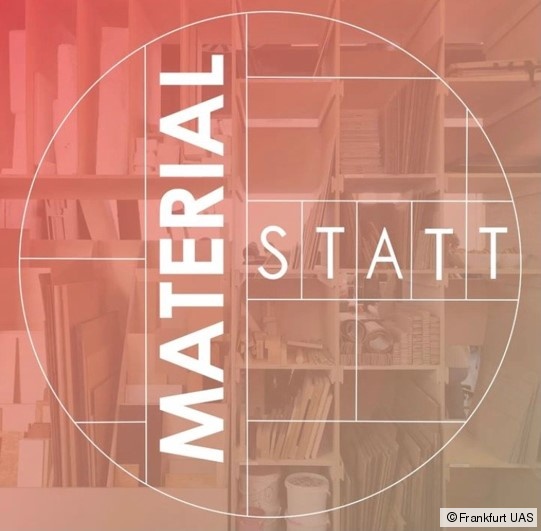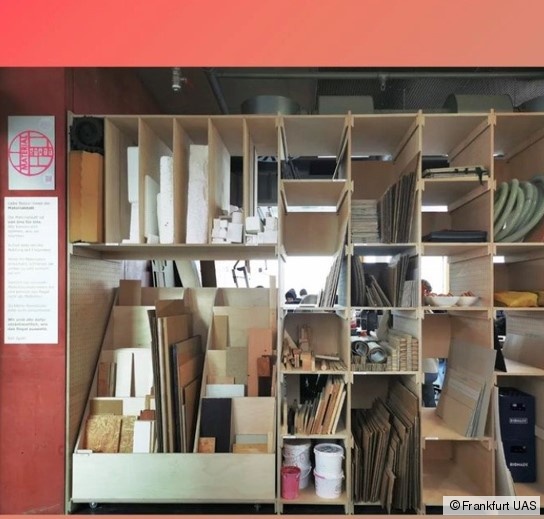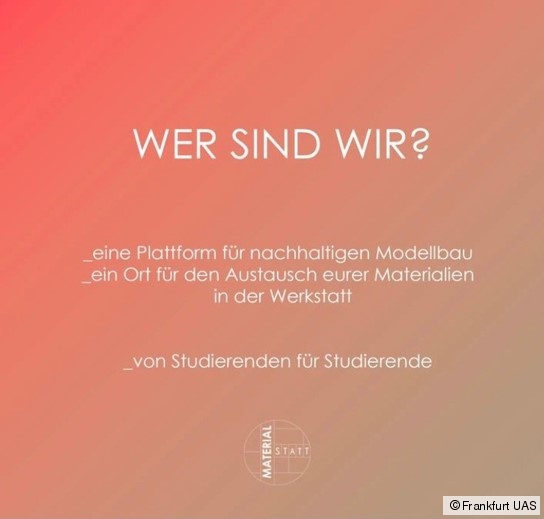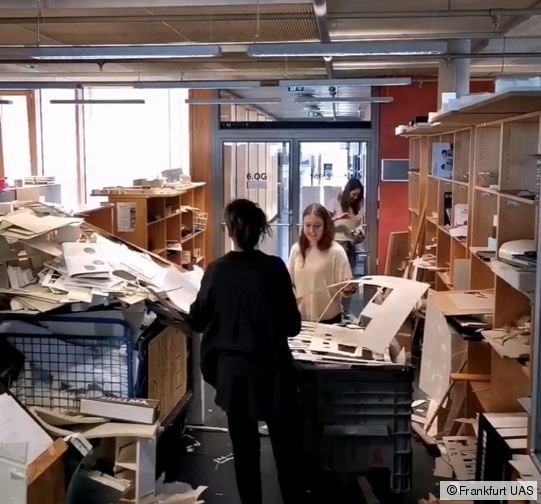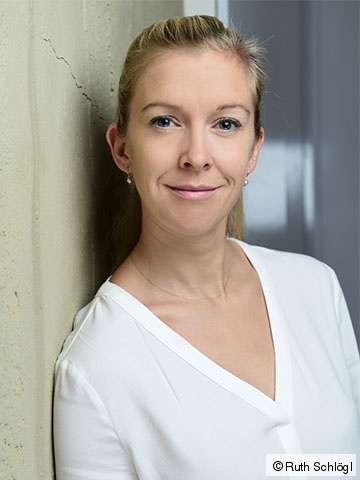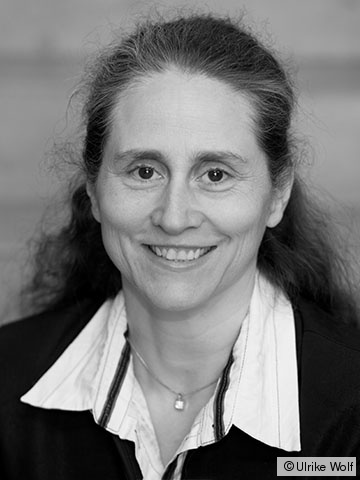Campus-Mapping
As a basis for the future design and greening of the campus, Faculty 1: Architecture - Civil Engineering - Geomatics at Frankfurt UAS is carrying out the student project Campus Mapping. Using various techniques - such as mapping, recording user behaviour, pathway networks, photographs and drawings, tree vitality measurements and thermal images - the campus is being mapped, documented and visualized. The project is coordinated and led by Prof. Dr. Jan Dieterle and Ruth Schlögl, in collaboration with tutors from the Bachelor's degree course in Urban Planning. The aim is to document the current state of the campus from different perspectives in order to create a broad basis for planning the campus design and to support the moderation of different ideas, interests and needs. The maps, images and data produced will be used for future campus design processes.
Green Coding
As part of the Green Coding @ Frankfurt UAS project, Prof. Dr. Jörg Schäfer and Prof. Dr. Martin Simon (both Faculty 2) are developing a framework for reliably measuring the carbon footprint of training processes on the university's computing cluster, which is currently under construction and is being funded by the Federal Ministry of Education and Research (BMBF) as part of the KI@FH-Nachwuchs initiative. Such a framework will not only contribute to the university's sustainability transparency, but also offers interesting prospects for use in courses with a focus on green coding. This is not just about teaching technical skills, but also about gaining a deep understanding of the ethical, social and environmental impact of AI. Current algorithms require massive computing power for their training, which results in a non-negligible and rapidly growing CO2 footprint.
Materialstatt
Student initiative for the responsible use of resources
As part of the Materialstatt project, led by Ruth Schlögl, Prof. Dr. Natalie Heger and Patrik Palmu (Head of the FB 1 Model Making Workshop), student assistants in the Architecture teaching unit at FB 1 have built a material shelf in which materials are collected and made available for reuse. It is an initiative for sustainability, conscious use of resources and material diversity in model making at Frankfurt UAS. Whenever old models are no longer needed, when leftover materials are produced during model making, when so-called "waste" is generated somewhere at the university, the materials can be saved from the garbage can by the Material Shelf initiative.
The material is cut into practical formats, sorted and made available on the material shelf for further use. The task of the student assistants included the planning and construction of the actual material shelf and subsequently the maintenance and organization of the materials and shelf contents. In addition, there is communication to make the material shelf better known and to create greater awareness of the use of resources among teaching staff, employees and students.
Eco-social transformation
The online symposium Decolonizing Relationships: Ecosocial Transformation in Social and Educational Practice took place on November 12 and 13, 2023. The event aimed to bring new voices, approaches and methods at the intersection of ecosocial transformation and diversity to the nationwide professional public. Under the direction of Prof. Dr. Yari Or and Prof. Dr. Chaitali Das (among others), lectures and workshops were held on various aspects of diversity in ecosocial transformation, e.g. anti-racist and diversity-sensitive projects, ecological justice or diversity-conscious methods and practices of ecosocial transformation. The event was a relevant platform for exchange and networking for the 180 or so people attending, who represented the diversity of communities in Germany, in order to work together for a just and inclusive eco-social transformation. At the end of the conference, the practical book "Decolonizing Transformation" was presented, which was designed as a guide for professionals with examples, case studies and reflections.
Welcome Harbour
The sustainable DesignBuild project Welcome Harbour for Culture and Integration, under the direction of Prof. Dipl-Ing. Tatjana Vautz, creates space and community for refugees. Students at Frankfurt University of Applied Sciences worked intensively on the development and implementation of the project. The result: a 1:1 scale construction that creates flexible spatial structures for social interaction.
The collaboratively developed, flexibly pluggable elements, made from recyclable and renewable materials, can be reproduced, arranged in different ways and used as required - for learning, working, playing or relaxing. The project therefore covers all sustainability criteria - it is socially, economically and ecologically sound.
In everyday university life, the six elements served as a welcome learning space for students on the gallery in Building 1. At the Festival of Democracy at Frankfurt UAS on May 23, 2023, visitors were able to contribute to the furnishing of the "Welcome Harbour" during a textile workshop within the construction by sewing upholstery covers and small fabric fish from discarded campus flags, which are to "travel on" with the installation as toy equipment, including to the praxistage.HOLZ event at the Zentrum Holzbau Schwarzwald in Menzenschwand, Germany. The event praxistage.HOLZ at the Zentrum Holzbau Schwarzwald in Menzenschwand in September 2023, where students and technical school pupils got to grips with the recyclable construction, while interested social institutions were able to experience the flexible use of the room modules.

